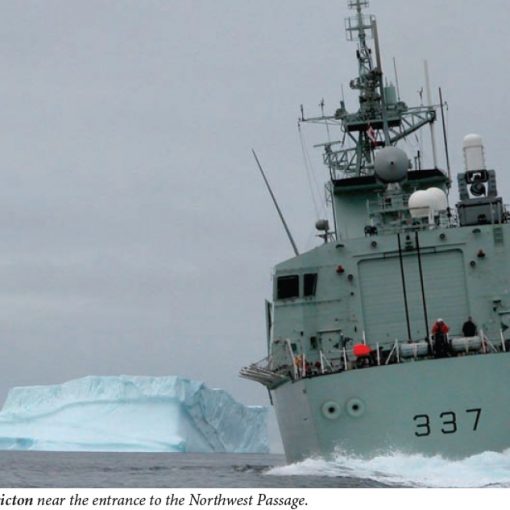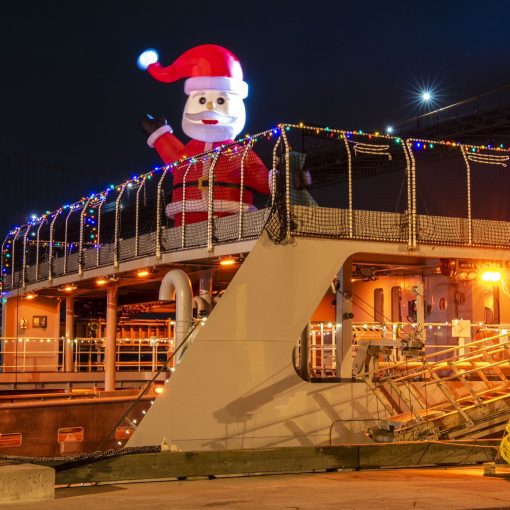The grounding of a Chinese bulk carrier Saturday on the Great Barrier Reef off Australia has raised a furore in the Australian press and with environmental protection groups around the globe. You can read a Reuters press report here.
MV Shen Neng I (IMO Number 9040871) is owned by the Shenzhen Energy Group, a subsidiary of China’s state-owned China Ocean Shipping (Group) Company (COSCO). The ship is 230-metre (754-ft) in length and has a 32-meter (105-ft) beam. Shen Neng I was built in 1993 has a crew of 23 people.
The bulk carrier sailed from Gladstone, Queensland, loaded with a cargo of 65,000 tonnes of coal and was bound for China (port not specified). Shen Neng I also carried 975 tonnes of heavy ‘bunker’ or fuel oil.
The position of the grounding is reported to be 70 km off Great Keppel Island, which is within the Great Barrier Reef Marine Park, a United Nations World Heritage Site and a protected zone for sensitive marine environmental areas.
It seems that Shen Neng I was neither conforming to the traffic scheme in the area nor reporting her location. The ship was also said to be sailing “at full speed” when she grounded on the reef. (This is more likely to have been its normal ‘cruise speed’ power setting rather than an ‘emergency full power ahead’.) The ship sits 15 km outside of the shipping channel and is now leaking fuel oil over a large area. Beyond this, Shen Neng I is reported to be in danger of breaking up, which would produce an “environmental catastrophe,” according Gilly Llewellyn, Director of Conservation for the World Wide Fund for Nature in Australia.
This terrible scenario has been concocted at a number of conferences in Canada to portray the hazards of marine accidents to sensitive environmental regions in this country. It is acknowledged that the Arctic is a particularly vulnerable area to the spillage of hydrocarbons, either from the cargo or ship’s fuel. The grounding of the tanker MV Exxon Valdez on 24 March 1989 in Prince William Sound, Alaska, is acknowledged to be the largest human-caused environmental disaster in history, but commentators avoid using such a major catastrophes for their Canadian scenarios. Rather, an event such as Shen Neng I seems a more common hypothesis.
The Australian’s anguish and furry over this callous disregard for one of their most treasured wild areas will have repercussions. Investigations have been launched by the Australian Maritime Safety Authority and the Australian Transport Safety Bureau. Already Queensland’s premier, Anna Bligh, has called for “tough legal action” and has warned that the ship owners could face fines of up to A$1,000,000, while the master of the ship could be fined A$220,000.
There will surely be a Herculean effort to remove the ship before it founders and to mediate as much as possible the damages to the reef and its fauna. A ‘race against time’ is underway to avert a greater problem than the one that already sickens anyone who knows this region, its people and the spectacular beauty of its environment. The Australians, although understandable upset, should be happy they are not challenged with the problems of the far north.
Canadians should be able to identify with their southern ‘cousins’ predicament. But, what would we do in similar circumstances in one of the narrows of the Northwest Passage: McClure Strait, Dease Strait or Prince of Wales Strait? There is currently no technology available to clean even one tonne of oil off of sea ice, much less 975 tonnes. The coldness of the arctic waters will make the oil more viscous, heavy and difficult to work with. Marine mammals and birds covered in oil will be almost impossible to save. What to do with an oily polar bear? The arctic undersea terrain and wildlife are beautiful in their own right, but the challenges of the harsh environment, the remoteness of the location, and the lack of national response capabilities would mean the effects will be worse in the Canadian north.
It is time to watch, learn and ponder all of this. But don’t think too long. It will almost certainly happen here too.



